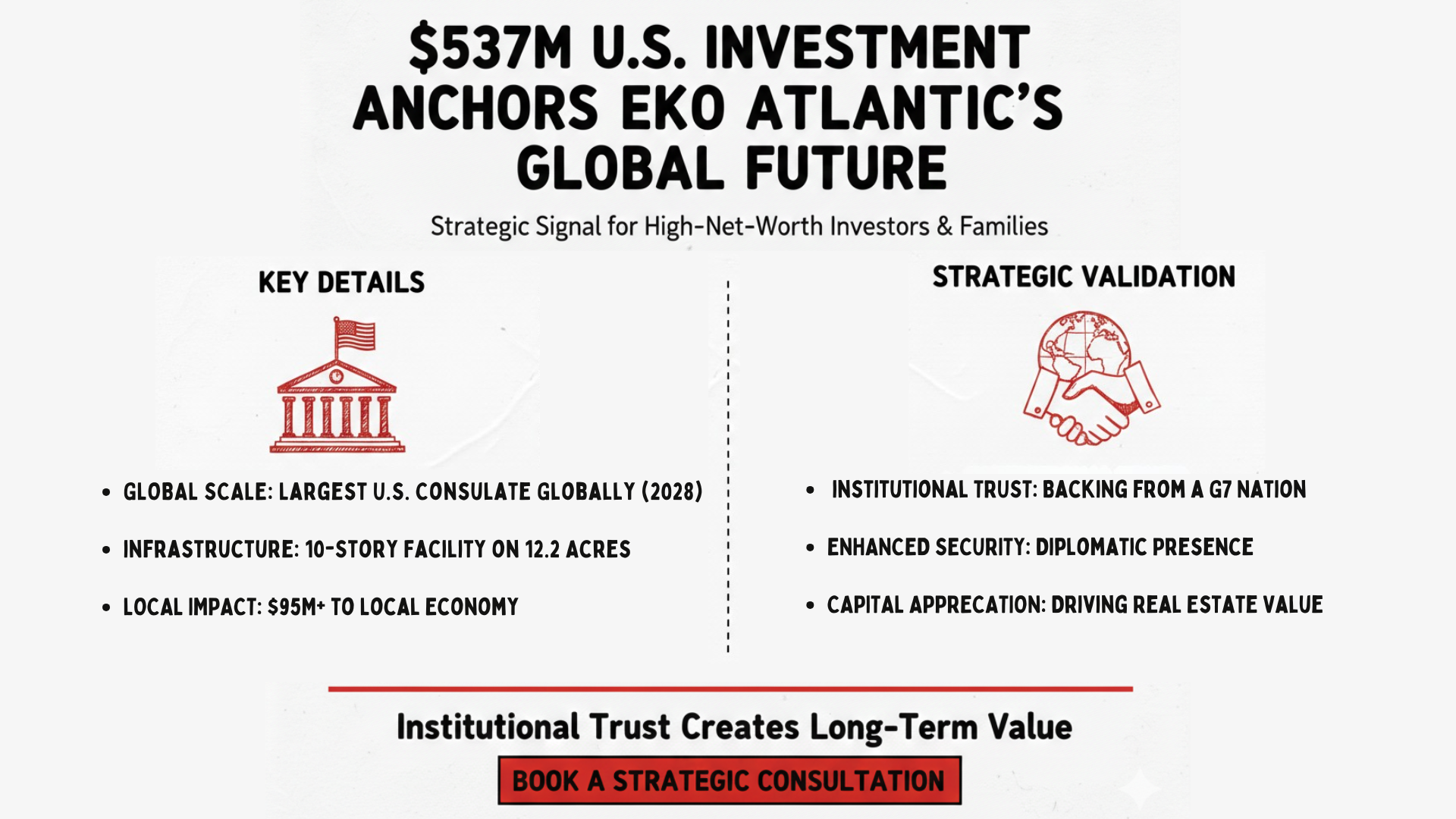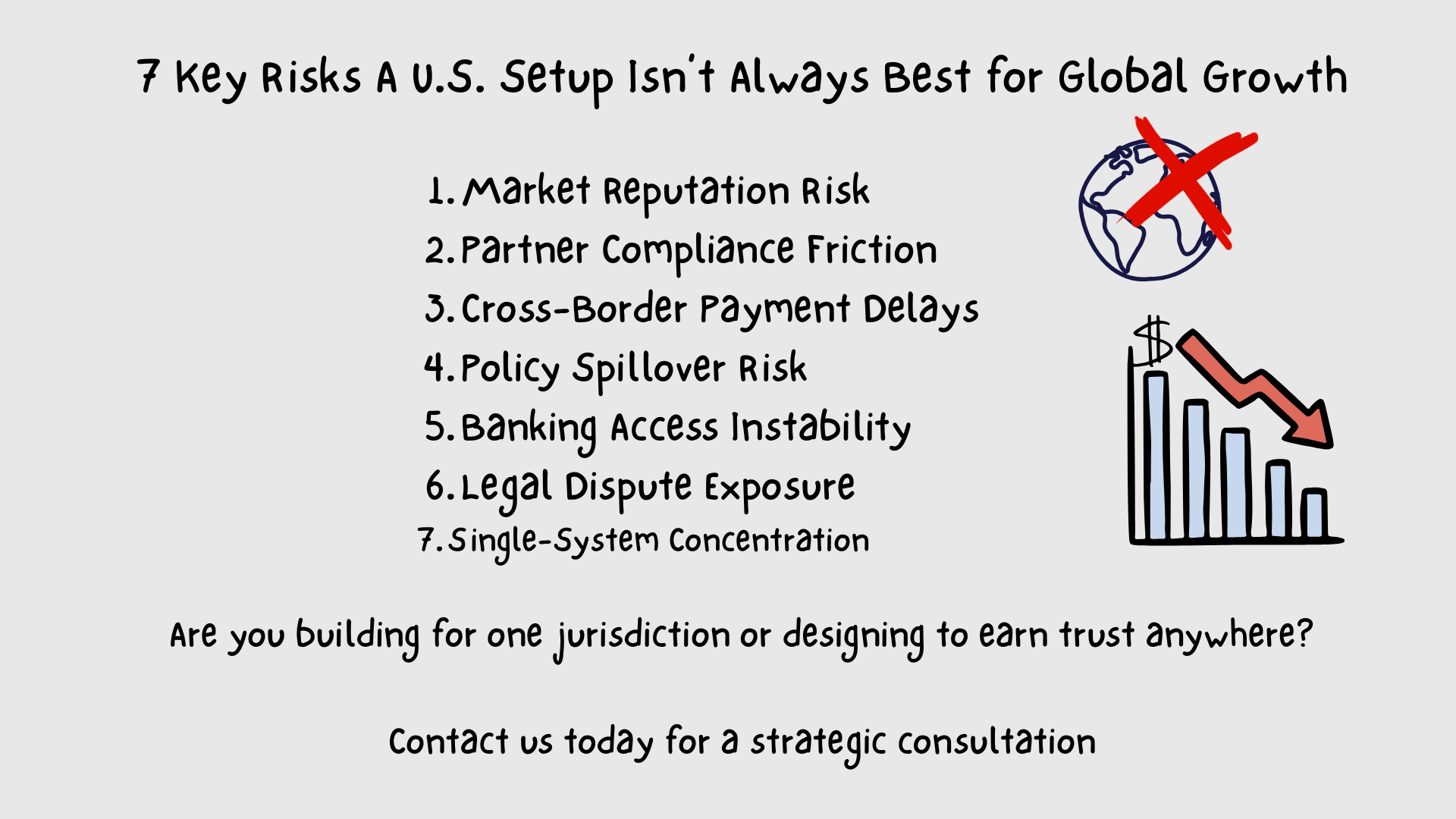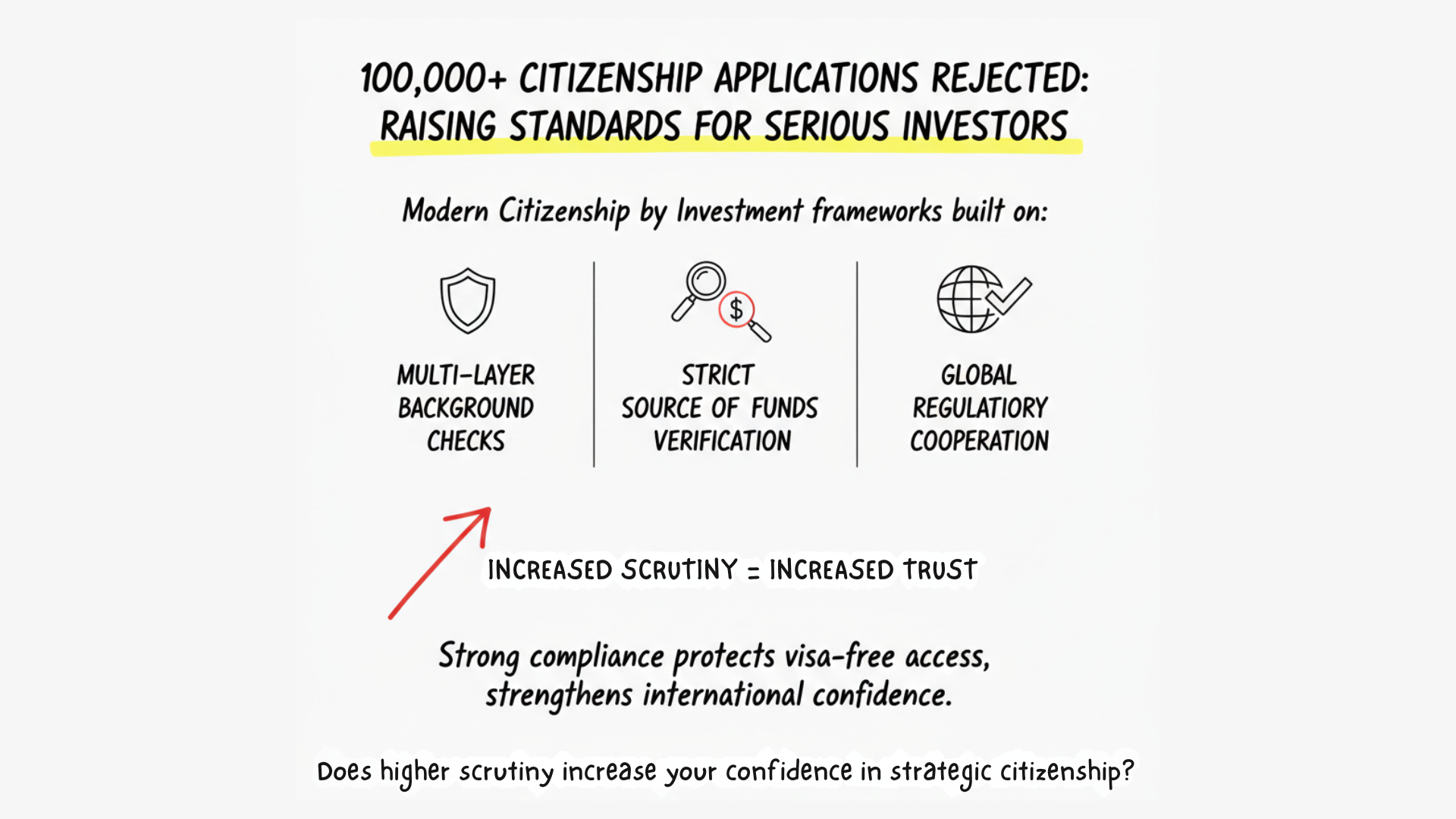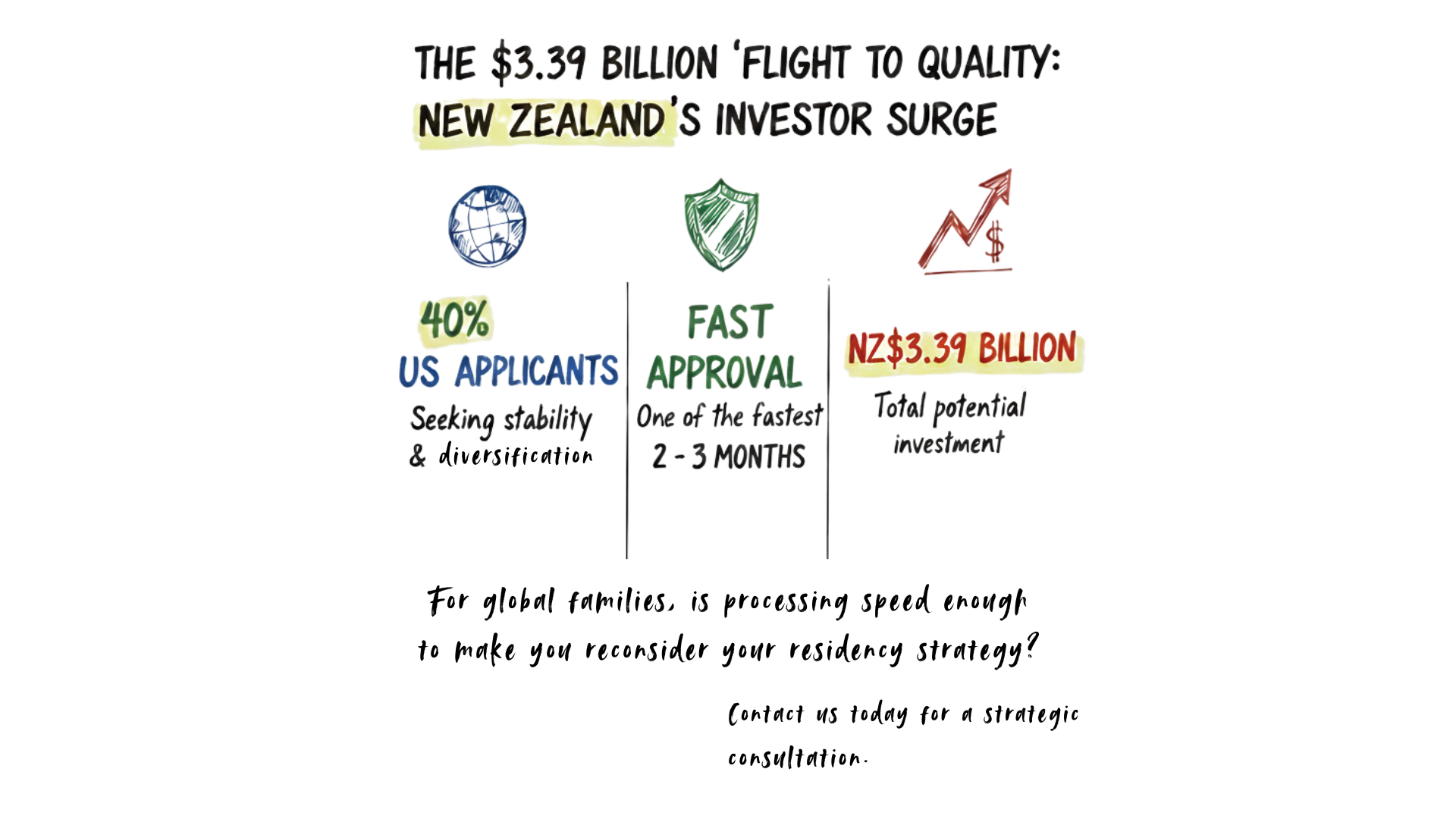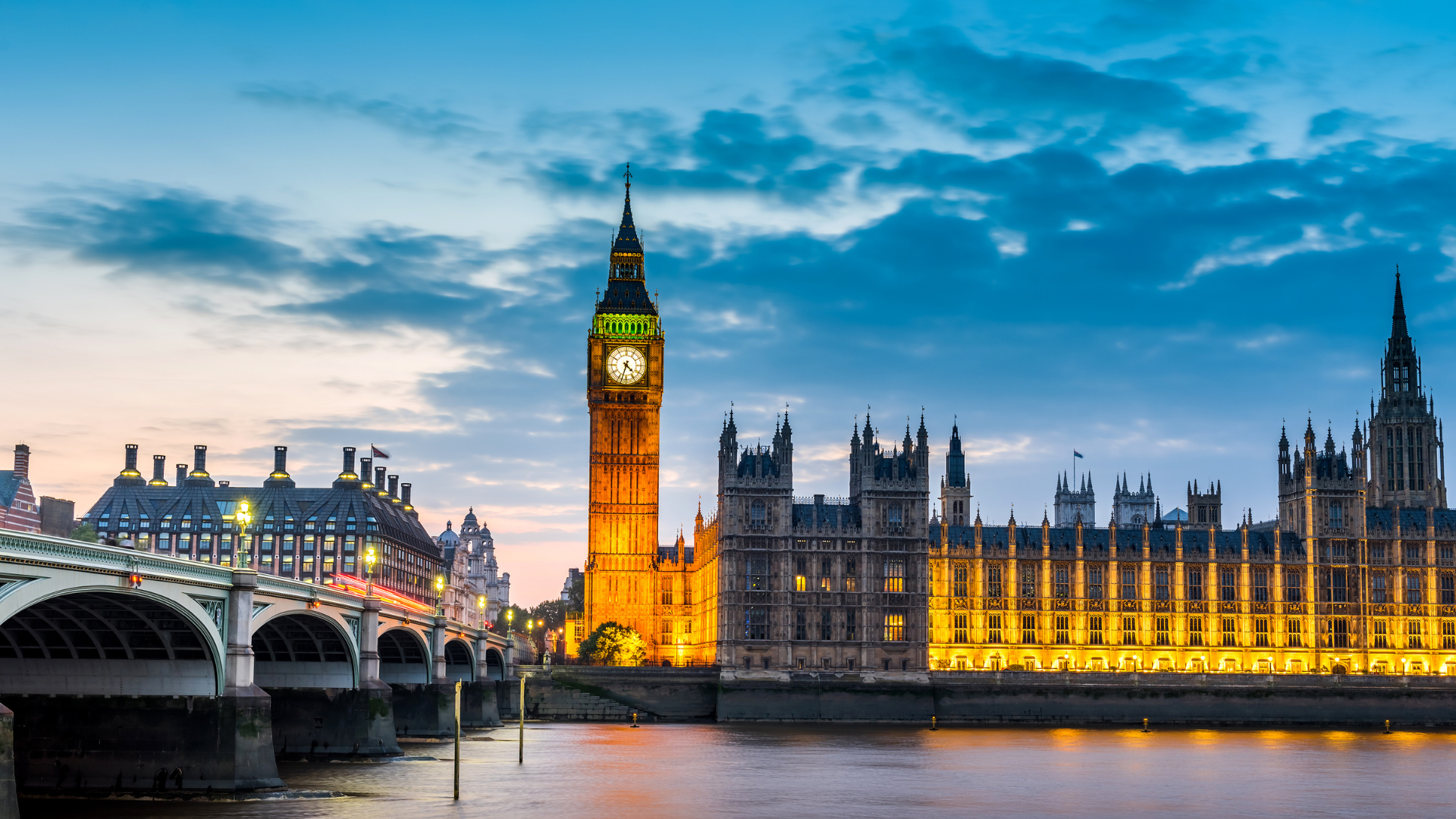Why HNWIs Are Choosing Dubai Over Traditional Finance Hubs

In recent years, many high‑net‑worth individuals (HNWIs) have been shifting their focus away from historically dominant financial cities like London and Singapore and increasingly choosing Dubai instead. What’s driving this shift? Let’s break down the key reasons, explore how Dubai delivers on them, and highlight what this means for wealth migration, investment, and global residency planning.
Higher Returns + Zero Taxes
One of the strongest draws to Dubai for HNWIs is the combination of attractive returns and a favorable tax regime.
- Rental yields: Recent data show apartments in Dubai can deliver around 6 %–7 % average yields, with some pockets exceeding 8 %.
- Compared with many traditional hubs, where gross yields may hover much lower, this makes Dubai appealing.
- On the tax front: Income tax, capital gains tax, and many of the property‑ownership taxes that apply in other jurisdictions are either zero or very low in Dubai. This allows more of the returns to stay in the investor’s hands.
Why it matters for HNWIs:
- Less drag on returns means more efficient capital growth and rental income potential.
- When the investment city also supports residency or long‑term stay, the tax benefit doubles as a lifestyle benefit.
- It supports wealth‑mobility strategies where assets and domicile can be aligned in favourable jurisdictions rather than just inherited through conventional hubs.
Dubai is far more than just a property‑market story. For HNWIs looking for a “base” rather than just a holiday home, this is critical.
- Dubai’s economy has expanded beyond oil, with sectors like trade, logistics, tourism, financial services and tech all playing a growing role.
- With this broader base, real‑estate and investment sentiment is supported by multiple demand‑drivers: expatriates, business travelers, global firms.
- Emerging areas and newer developments offer growth potential, not just established luxury pockets. For example, certain off‑plan units and “emerging neighburhoods” are cited as producing rental yields up to 7.5 %–8 % gross.
Why this is relevant:
HNWIs often look for “platforms” rather than just one‑off assets, places where their wealth can live, grow and be protected. A diversified economy reduces dependency on any single sector or cyclical risk.
Investment‑grade real‑estate markets depend on regulation, transparency and ease of access. Dubai offers several advantages here:
- The property market has increasingly clear frameworks for foreign ownership and long‑term residency visas.
- Data show that yield and price metrics are relatively accessible to investors so they can compare opportunities and make informed decisions. For example, some reports show specific communities yielding 7 %–8 % for apartments.
- Tools and portals (e.g., transaction data platforms) have improved visibility for overseas investors.
Implications for HNWIs:
- Lower “unknowns” in the investment equation, for example, fewer surprises around hidden taxes or opaque ownership rights.
- A better fit for long‑term planning: legacy, residence, property ownership can all link together.
- Allows more confidence in structuring cross‑border wealth strategies (residency, real estate, tax domicile).
Beyond pure investment metrics, lifestyle and connectivity matter a great deal to HNWIs, especially those with global mobility.
- Dubai is a global hub connecting hundreds of destinations, making it a strategic base for travel, business and family.
- The city offers world‑class infrastructure, luxury real estate, international schools, premium services, elements that matter to high‑net‑worth investors.
- When someone invests large sums, they often expect both “home‑base” and “investment asset” in one place. Dubai increasingly fulfils both.
Finally, for HNWIs the ability to access both established trophy assets and high‑growth emerging zones is appealing. Dubai offers this mix:
- Luxury properties in iconic districts: think waterfront, high‑end villas, penthouses in premier locations.
- Emerging communities: more affordable entry points, higher yield potential, new infrastructure and urban development. For instance, some zones are cited as having yields up to 8.5 %.
- For those doing “residency by investment” or long‑term legacy planning, the ability to hold property for several years (or decades) and see value appreciation + rental income is a strong draw.
For investors pursuing residency by investment or legacy planning, Dubai allows multi-decade ownership with capital appreciation and recurring rental income.
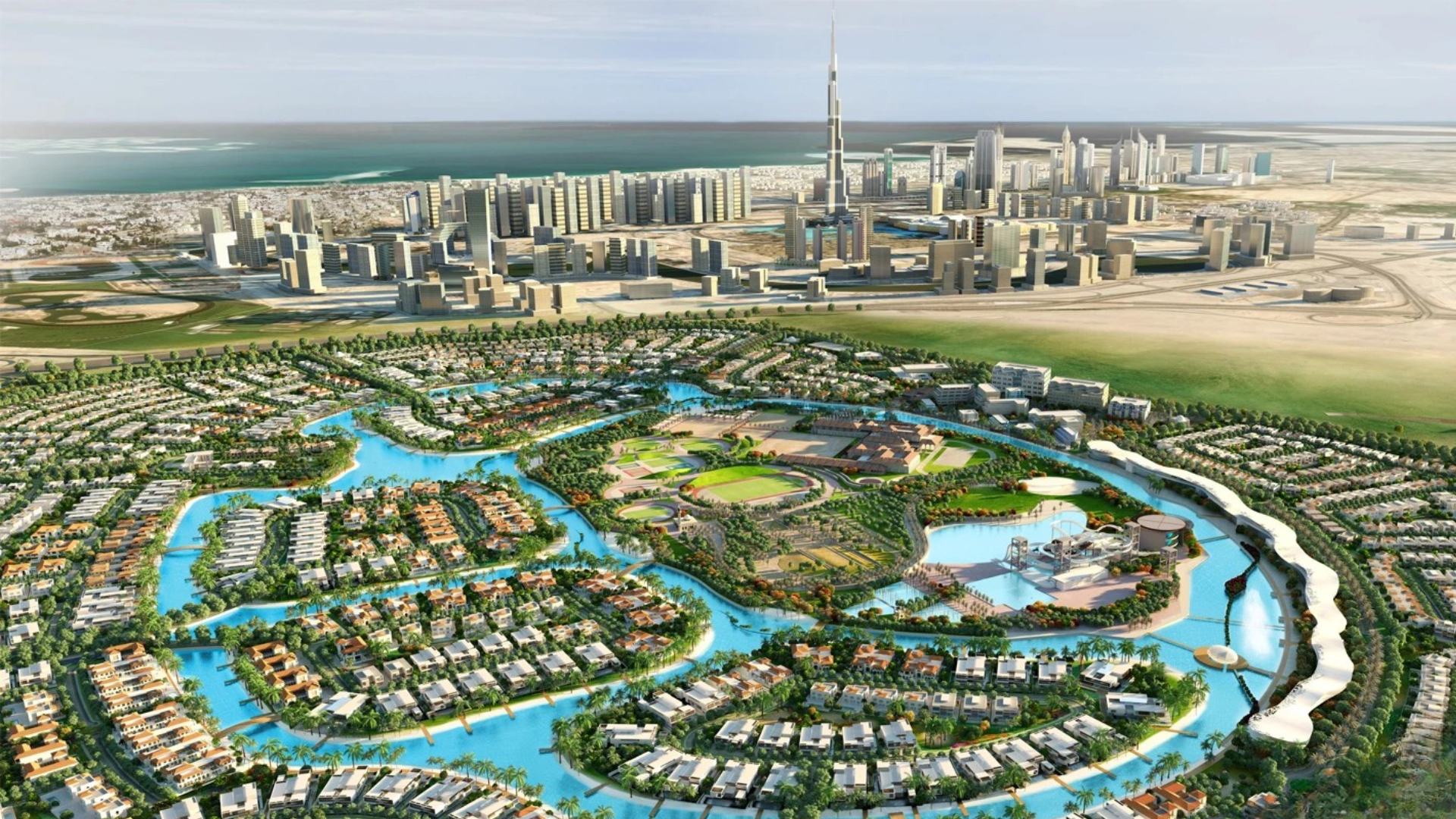
While the case is strong, there are always details an investor should check. Here are key considerations:
- Location matters: Despite city‑wide averages, specific communities vary significantly in yield and capital growth. For example, studios and 1‑beds tend to yield higher than large villas.
- Net vs gross yields: Always factor in costs, service charges, maintenance, occupancy, any applicable rules. The “net” yield is what really counts.
- Residency and immigration linkage: If the strategy includes residency or citizenship‑by‑investment, check the legal structure: visa rules, minimum investment, residency rights, dependents.
- Exit strategy and capital growth: Rental income is important, but many HNWIs also care about capital appreciation and legacy value. Check market trends, supply pipelines (which may affect future price growth) and regulatory shifts.
- Lifestyle alignment: Investment cities also need to support lifestyle: schooling, healthcare, connectivity. If you plan to live or spend meaningful time there, these matter as much as yields.
- Diversification and risk management: Even in a “tax‑free” environment, diversification across geographies, asset types and currencies remains prudent.
Putting it all together: For HNWIs seeking a “future‑proof” strategy combining investment performance, tax efficiency, global mobility and living standards, Dubai stands out.
- Strong yields + tax advantages = efficient investment growth.
- A diversified economy + transparent regulation = lower risk platform.
- Global connectivity + high‑end lifestyle = desirable both for investment and residence.
- Access to both prime assets and emerging zones makes portfolio design flexible.
- Aligns well with wealth‑mobility, where investors aren’t tied to just one country or rule‑set, but structure across jurisdictions for security and optionality.
Contact us if you are interested in Citizenship by Investment
Our expert advisors will have a 1-on-1 consultation to find the best solutions for you and your family and guide you through the procedure.
Is Dubai Right for You?
If you are a high‑net‑worth individual evaluating global residency and investment options, ask yourself:
- Do I value tax‑efficiency in both residence and investment?
- Do I want a home base that supports global travel, business and family life?
- Am I looking for strong real‑estate investment returns with transparency and growth potential?
- Do I want to diversify beyond traditional jurisdictions like London or Singapore?
- Would I benefit from a residency or residency‑by‑investment strategy in a dynamic global city?
If you answered yes to most, then Dubai is definitely worth serious consideration. At the same time, ensure you engage expert advice, real estate, legal, tax, immigration specialists to align your strategy with your unique goals.
Share this blog
Frequently Asked Questions
Related Articles
Beijing Is Watching Your Wealth; Turkey Offers a Legal Pathway
In an era of rising financial scrutiny, global investors are taking action. Discover why 89% of Chinese HNWIs are exploring…
$537M U.S. Investment Anchors Eko Atlantic City Lagos by 2028
The $537M U.S. Investment Anchors Eko Atlantic City, Lagos by 2028 signals institutional trust and long-term confidence in Lagos. For…
7 Key Risks A U.S. Setup Isn’t Always Best for
A cross-border business setup can boost global growth by reducing onboarding delays, payment friction, and concentration risk. This guide explains…
Why Citizenship by Investment Due Diligence Matters for Investors
Citizenship by Investment due diligence protects more than an application. It safeguards international credibility, visa free access, and long term…
Wealthy Americans Lead New Zealand Golden Visa Surge
Wealthy Americans are leading the New Zealand Golden Visa surge as investors prioritize stability and diversification. Billions in committed capital…
Second Residency Is Now A Top Three Global Wealth Priority
Second residency has quietly moved into the top tier of priorities for serious wealth holders. This article explains why investors…
UK Exit Tax 20% and the Future of Strategic Wealth
The UK Exit Tax 20% could significantly impact HNWIs, founders, and investors with substantial unrealized gains. This in depth analysis…


